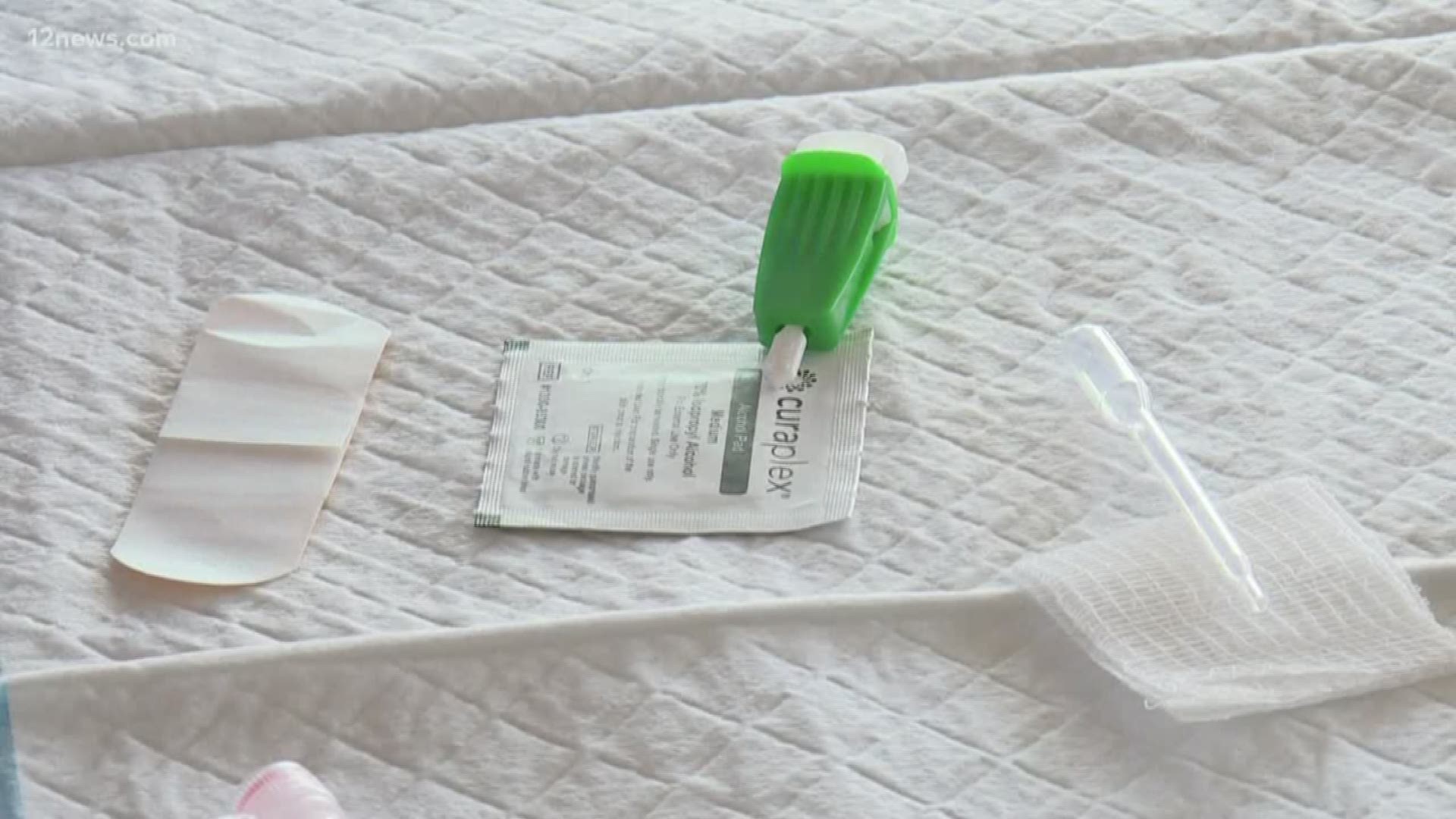PHOENIX — All across the Valley, coronavirus testing is becoming more accessible.
Monday, Valley first responders took the next step toward beating this virus. An antibody test, made available for every Phoenix firefighter and police officer.
The test was paid for in part by Blue Cross Blue Shield and the Phoenix Suns, and hoped to reveal which first responders may have been exposed to the virus and if they may have some resistance.
In all, almost 5,000 tests were available to first responders, with the results being turned around in about 15 minutes.
One Arizona lab, the Translational Genomics Research Institute (TGen), wants to know if the antibodies can give a game plan for beating the virus.
"Right now, the focus is getting tests out there as quickly as possible, getting them into the hands of the people who need them," John Altin, a scientist at TGen said. "On the other hand we need to understand what it means to be positive for this test means."
Antibodies, in very basic terms, are created by our immune systems to help prevent viruses from infecting other cells.
Antibodies can stick around for a while giving people immunity. It's why some diseases never return after you are infected once.
However for other viruses, immunity may only last for a short period of time. Take the flu, which mutates so quickly someone could get the flu year after year.
COVID-19 has been around for only months, making it hard to tell exactly how long someone may be immune after getting the disease.
“The hope would be is once you are immune, you are immune for months and years,” Altin said.
TGen wants to be able to map these antibodies and find how the body identifies the virus. To do that, they are asking for the public's help.
TGen wants to study the antibodies of those who have recovered. The lab is asking for anyone over the age of 18 who has recovered from COVID-19, and is a resident of the U.S.
To participate in the study you can click here.
The hope is the study will help figure out the most beneficial antibodies. Those could be used for the care of others.
“Maybe they can go back to work, maybe we can reopen the economy, maybe that person can become a donor of plasma for someone who is critically ill,” Altin said. “There are a lot of open questions that need answers urgently so that we can see our community start functioning the way we want it to."

